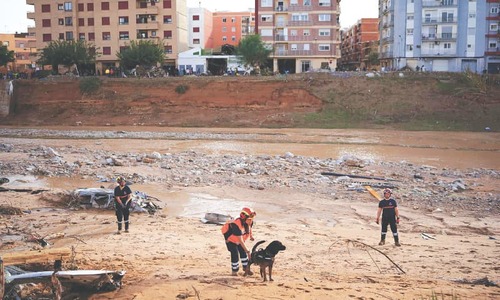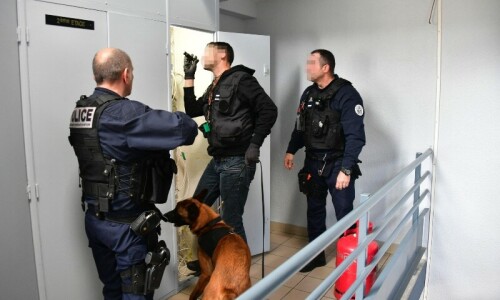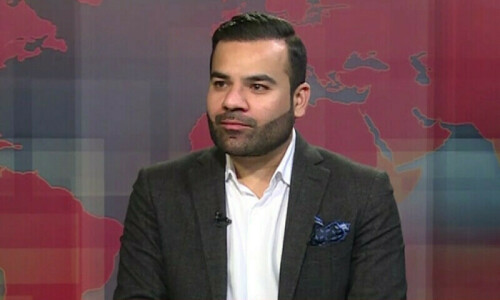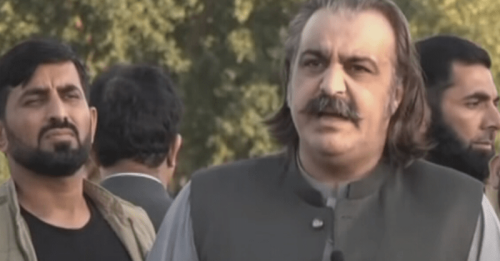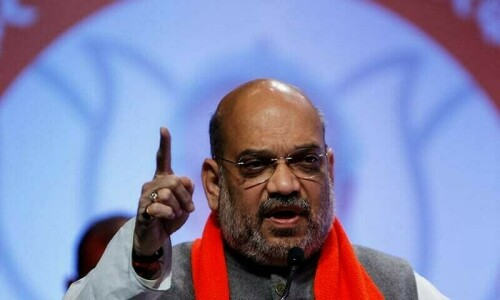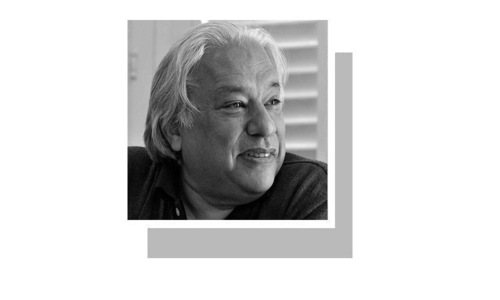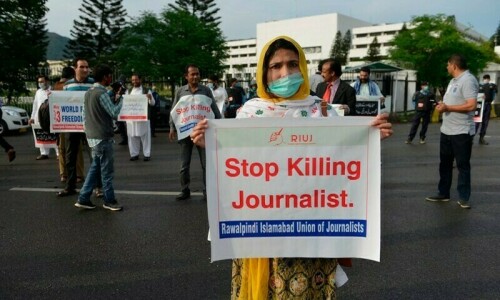GENEVA: The agreement on Iran’s nuclear programme was made possible by months of unprecedented secret meetings between US and Iranian officials, in further signs of the accelerating detente between two of the world’s most adversarial powers, it emerged on Sunday.
The meetings ran parallel to official negotiations involving five other world powers, and helped pave the way for the interim deal signed in Geneva, in which Iran accepted strict constraints on its nuclear programme for the first time in a decade in exchange for partial relief from sanctions.
The Obama administration asked journalists not to publish details they had uncovered of the secret diplomacy until the Geneva talks were over for fear of derailing them. The Associated Press and a Washington-based news website, Al Monitor, finally did so after the agreement was made public.
The nuclear agreement, which arguably marks the most significant foreign policy achievement of Barack Obama’s presidency, was struck at 4.30am at a Geneva hotel on day five of the third round of intensive talks. It amounts to the most significant agreement between Washington and Tehran since the 1979 Iranian revolution.
The deal releases $4bn in Iranian oil sales revenue from frozen accounts, and suspends restrictions on the country’s trade in gold, petrochemicals, car and plane parts. In return, Iran undertakes to restrict its nuclear activities.
Iran welcomed back its negotiators as heroes at Tehran’s Mehrabad airport. Its currency, the rial, which has been pulverised by a succession of economic sanctions, jumped more than three per cent. “This is only a first step,” Mohammad Javad Zarif, the foreign affairs minister, said. “We need to start moving in the direction of restoring confidence, a direction in which we have managed to move against in the past.”
The difficulties facing the negotiators in the coming months were highlighted by the different interpretations that Javad Zarif and his US counterpart, John Kerry, took on the issue of whether the deal represented a recognition of Iran’s right to enrich uranium in principle.
The Associated Press said preliminary and secret talks were held in Oman and other locations. The US envoys for the meetings were the deputy secretary of state, William Burns, and Jake Sullivan, a foreign policy adviser to Joe Biden. Al Monitor reported that a senior national security council official, Puneet Talwar, also took part.
The agency said there had been five meetings dating back to March, implying the first contacts came three months before the election of the reformist Hassan Rouhani as president.
By arrangement with the Guardian

